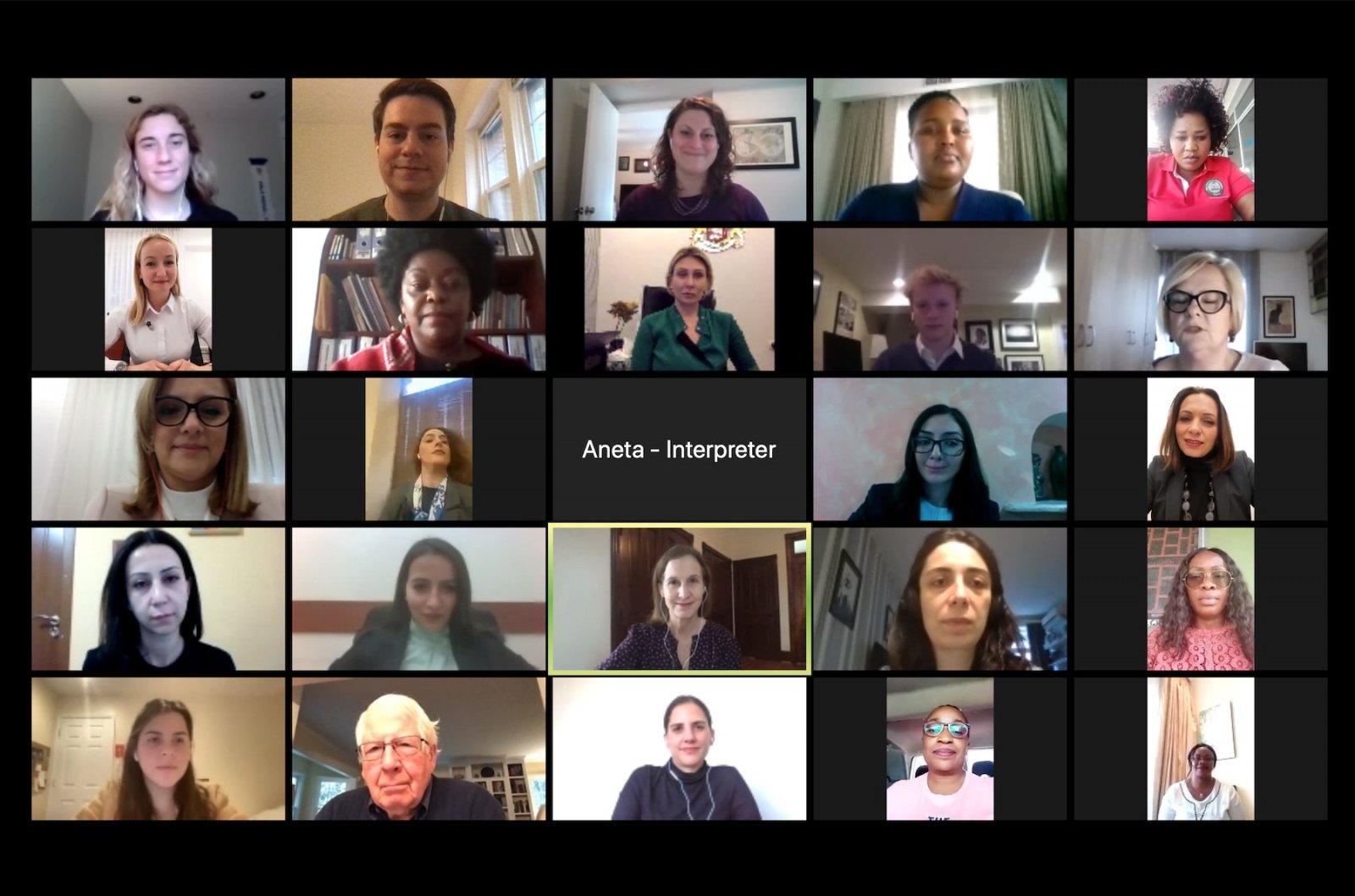
SHARE
ISSUES
The COVID-19 pandemic significantly impacted the work of legislatures worldwide. As these institutions coped with measures intended to curb the spread of the virus, such as lockdowns and social distancing, they were met with new and unique challenges in fulfilling their constitutional mandates. During this time, the role of parliaments to hold governments accountable, pass effective legislation, and fulfill representative responsibilities became more important, because business as usual was disrupted on a scale rarely seen.
As the representative body of the people, legislatures are on the frontlines to ensure policies and resources reflect the needs of the citizenry. As the COVID-19 pandemic continues, legislatures must enable mechanisms that maintain and uphold such needs. Over the last year, the House Democracy Partnership (HDP), in collaboration with the Swiss Agency for Development and Cooperation (SDC) and the National Democratic Institute (NDI), produced two research publications to share best practices in adapting to crisis environments as exemplified by experiences shared from global legislatures during the pandemic. This research captures lessons learned since the onset of the pandemic to support partner institutions in strengthening responses to future crises and unexpected events.
Reflecting on lessons learned from the pandemic, the publications highlight key mechanisms for legislators and their institutions to both prepare for and adapt to crisis contexts, as one paper notes, “the resilient parliament is able to resist and adapt to challenging and novel circumstances through preservation and restoration of its essential functions… and structures.” The first publication, Parliaments Responding to a Pandemic: Lessons Learned for Emergency Planning, offers an overview of the legal framework and operational adaptations that institutions took under the pandemic, such as shifts in parliamentary rules of procedure to allow for virtual or hybrid business. The paper also offers an overview of technological innovations adopted by institutions and members individually to ensure continued parliamentary business. Such actions allow lawmaking, representation, and oversight functions to continue despite operational and environmental challenges. The second report, Parliament’s Role in Emergency Fiscal Policy: Lessons Learned from the COVID-19 Pandemic, provides an overview of methods for emergency responses to crises through informed and balanced policies. The paper also underscores the importance of legislative scrutiny of emergency actions, which is integral to upholding transparency, ensuring effective service delivery, and mitigating the risk of corruption in emergency responses.
Both research documents highlight the importance of parliaments ensuring legislation is informed by the needs and priorities of those hardest hit during a crisis, especially women and marginalized groups. As parliamentary ‘business as usual’ resumes globally, these lessons remain critical in driving proactive responses to future crises. Further, some adaptations utilized during the pandemic, such as virtual or hybrid sessions and remote voting, may continue to provide greater accessibility, flexibility and functionality for members and staff, and point to the promise of such innovations in driving more effective legislative outcomes as the pandemic itself continues.
While the impacts of COVID-19 continue to evolve and shapeshift globally, parliaments remain on the front lines of any crisis to ensure the priorities of the citizenry are reflected through informed policy, representation and oversight. To assist parliaments in their recovery from this crisis, the House Democracy Partnership continues to facilitate peer-to-peer exchange to strengthen the capacity of global legislatures to carry out their lawmaking, representation and oversight responsibilities. The Swiss Agency for Development and Cooperation, through its Parliamentary Support Program with NDI, continues to support democratic resilience through efforts that expand access, technological innovation and institutional development. Lastly, NDI continues to support legislatures in creating and implementing responsive policies that reflect the needs of citizens as they build back democratically from COVID-19.
Preparing now for future crises will allow parliaments to build stronger, more resilient institutions that serve citizens, create effective legislation, and hold the government accountable to ensure resources reach a nation’s most vulnerable.
Author: Hunter Sosby is a Program Assistant on NDI’s Democratic Governance team.
NDI is a non-profit, non-partisan, non-governmental organization that works in partnership around the world to strengthen and safeguard democratic institutions, processes, norms and values to secure a better quality of life for all. NDI envisions a world where democracy and freedom prevail, with dignity for all.


